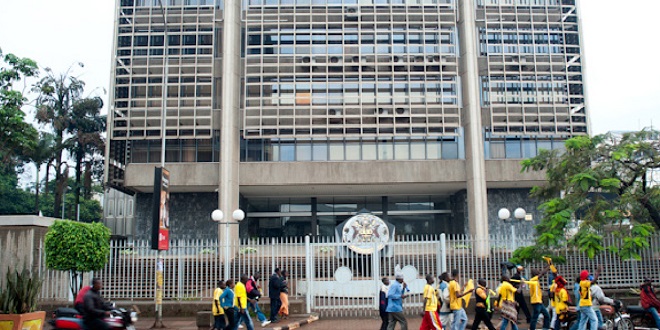A recent report from the National Social Security Fund (NSSF) in Uganda has highlighted a significant issue. Out of the 20.5 million people in the workforce in Uganda, only 14.6 percent have any form of social security. This leaves millions of workers without any protection.
In concrete numbers, this means that just 2.993 million Ugandans have social security coverage, while approximately 17.7 million people are vulnerable to poverty, inequality, and social exclusion throughout their lives.
The NSSF data, released in Kampala, also revealed that there are only 800,000 registered companies with NSSF, and only 57 percent of employers are complying with remitting their employees’ savings to the fund.
Ms. Faith Kimuli, from NSSF’s legal and manager enforcement and debt recovery unit, stated that Uganda’s total labor force (aged 14-64) consists of 23.5 million people.
The workshop where this information was presented was organized by NSSF in partnership with the Ministry of Gender, Labor, and Social Development, the Ministry of Finance Planning and Economic Development, and the Ministry of ICT and Guidance.
Mr. Patrick Ayota, the managing director of NSSF, pointed out that more than 83 percent of NSSF members have less than Shs10 million in savings, with an average monthly income of Shs250,000. This low level of savings is due to non-compliant employers and low wages.
Mr. Ayota explained that high formal and informal unemployment, low wages, unscrupulous employers, and inadequate enforcement mechanisms remain significant challenges in Uganda.
He emphasized the importance of savings, especially given that Ugandans are living longer, with an average life expectancy of 63 years and increasing. He called on everyone to encourage savings to help Uganda achieve its Vision 2035 goals.
As part of their efforts to increase social security coverage, NSSF has given employers in the telecommunication and technology sector until February 1, 2024, to register their employees and remit their social security contributions to the fund. Failure to comply will result in penalties.
In response to this decision, the Minister of State for National Guidance, Mr. Godfrey Kabyanga, urged sector players to fulfill their social security obligations within the amnesty period and negotiate convenient payment plans with NSSF if they face challenges, in order to avoid hefty penalties.
The Minister of Gender, Labor, and Social Development, Ms. Betty Amongi, highlighted two challenges: a high level of informal work in the economy and a low adoption rate of technology in the workplace. These factors contribute to the limited formalization of employment and, subsequently, social security coverage in Uganda.




















